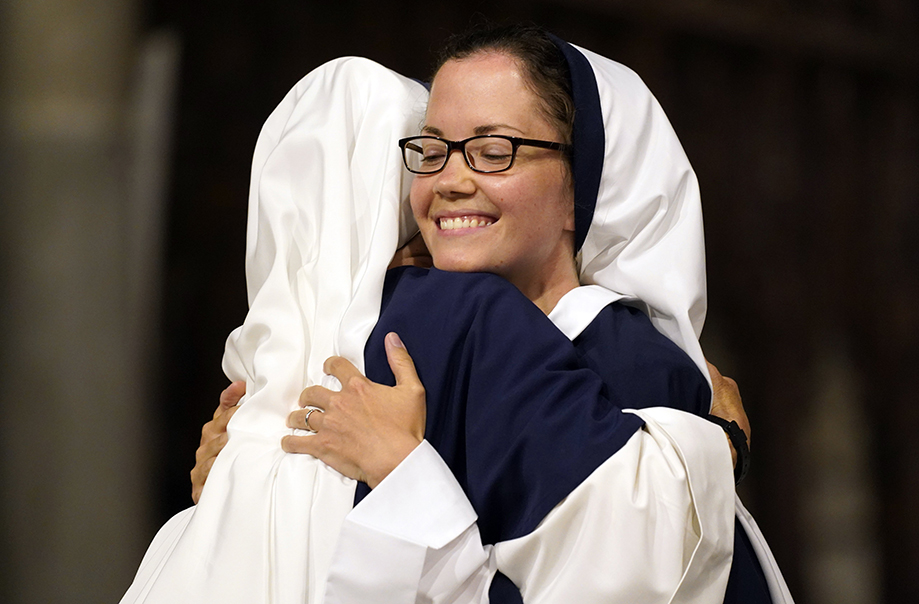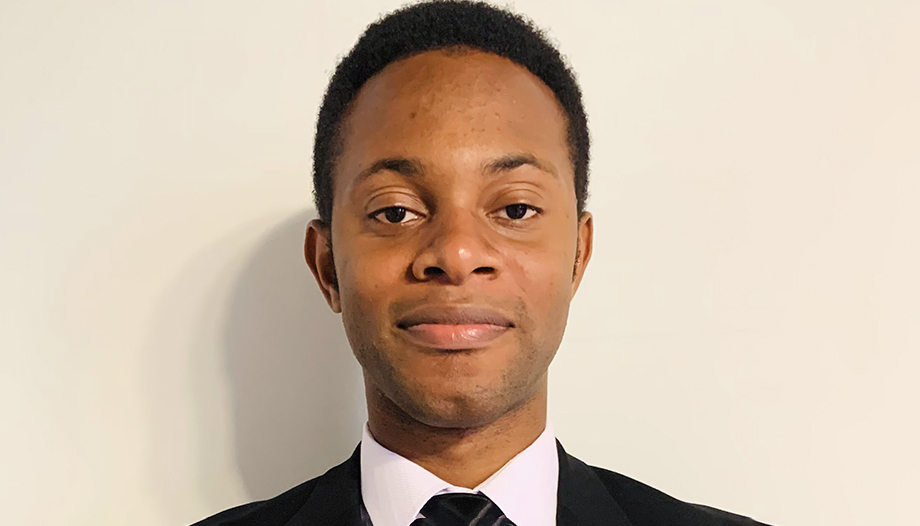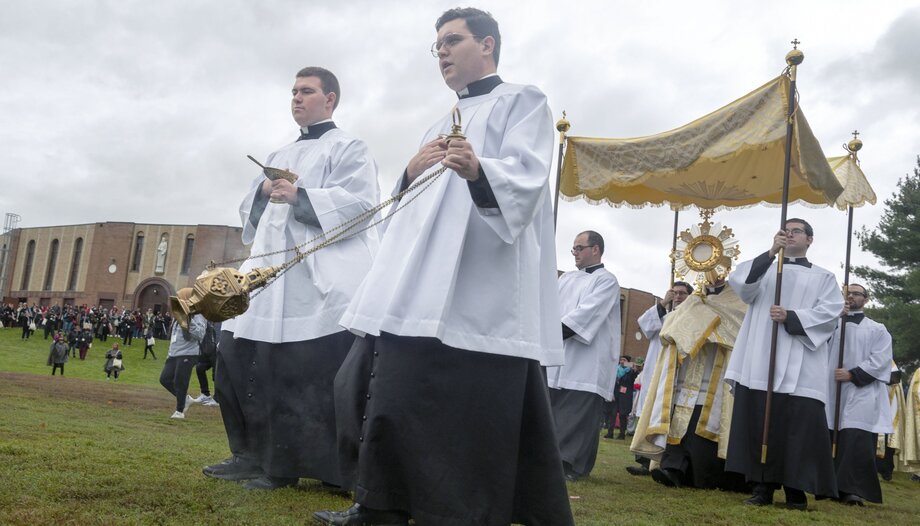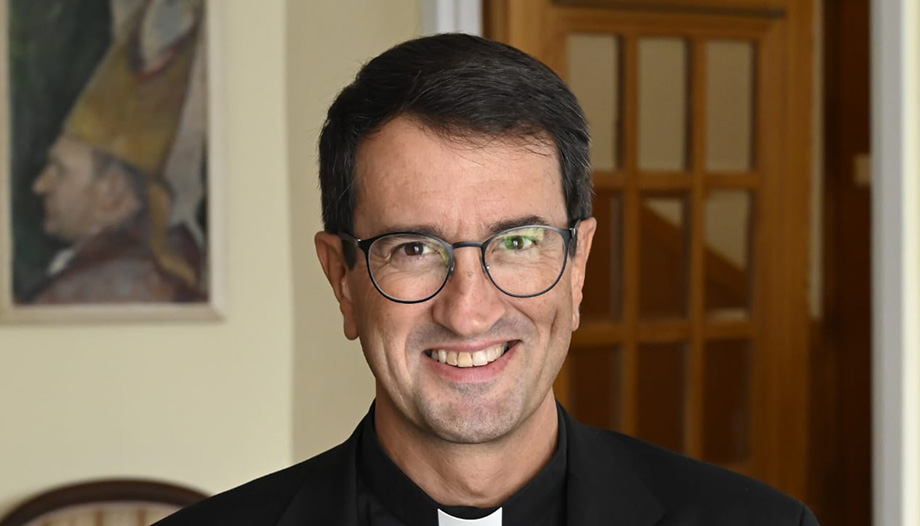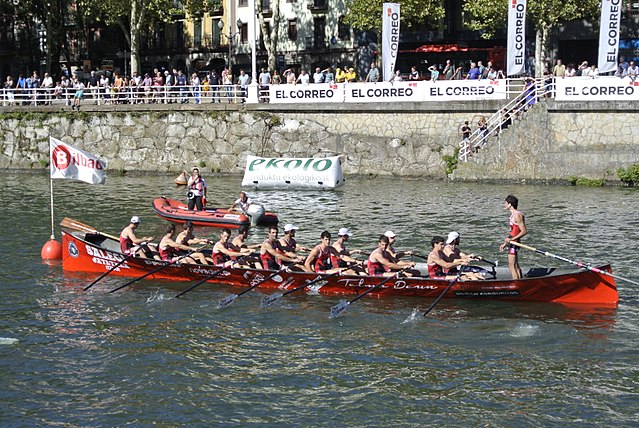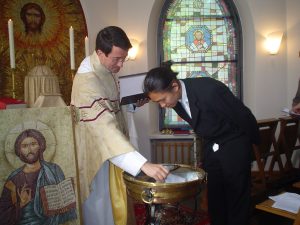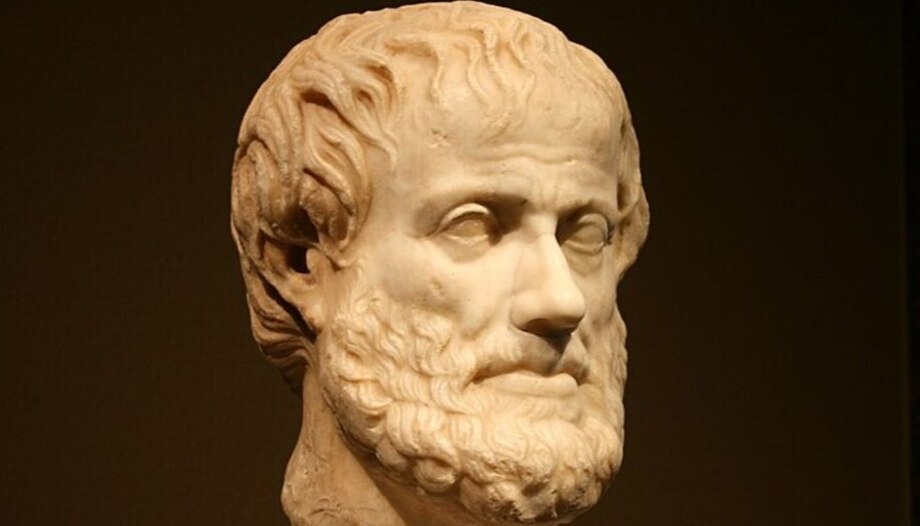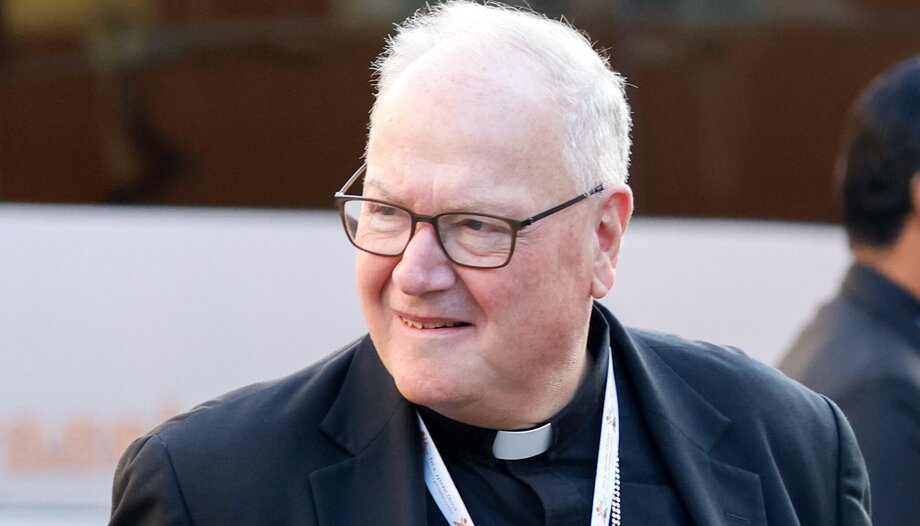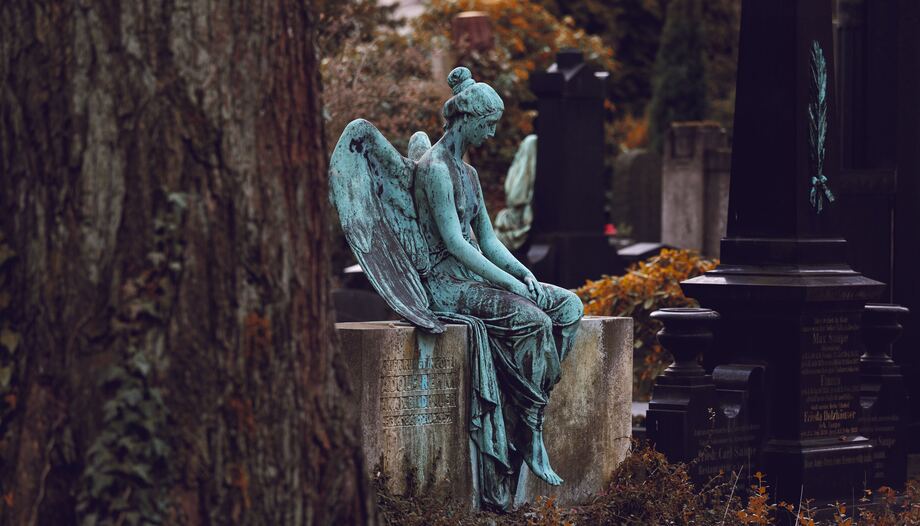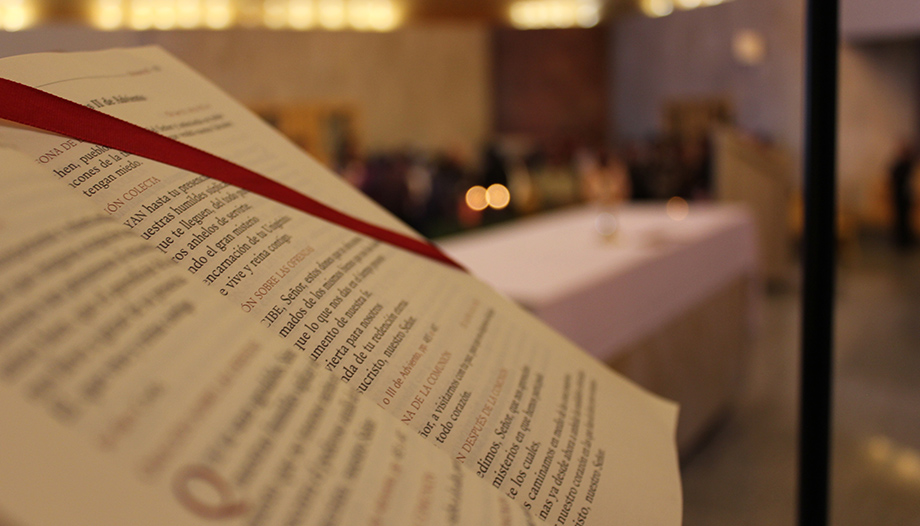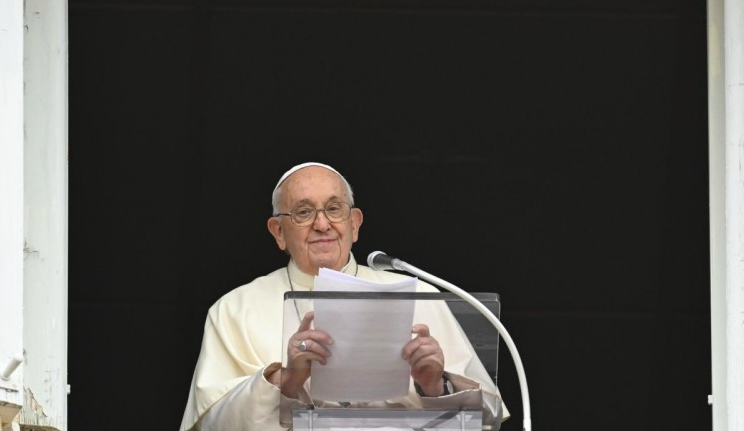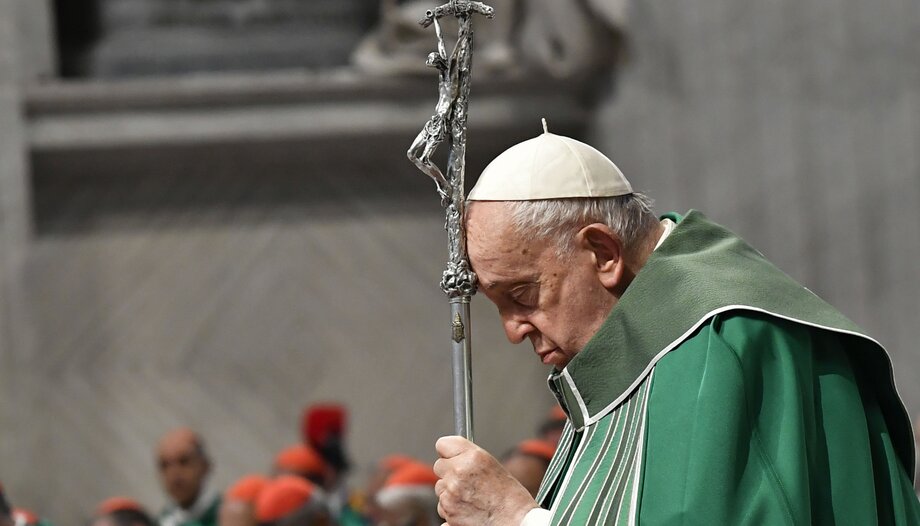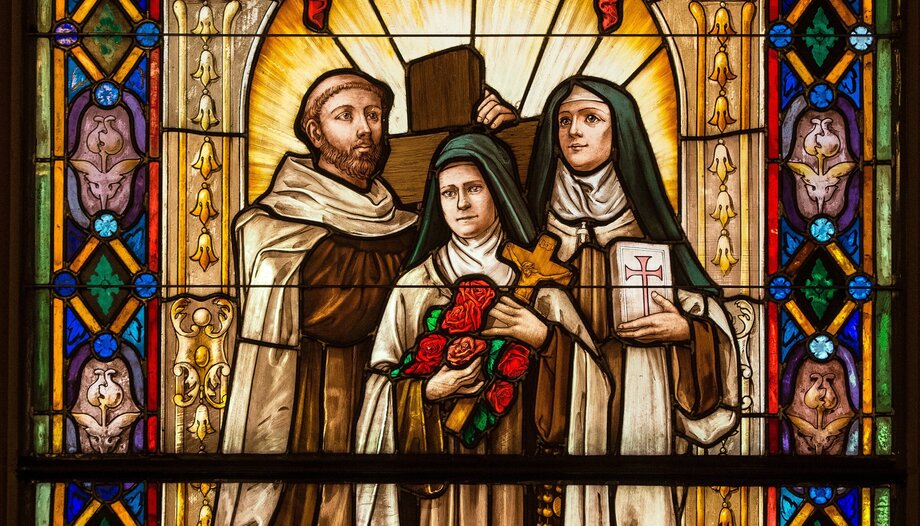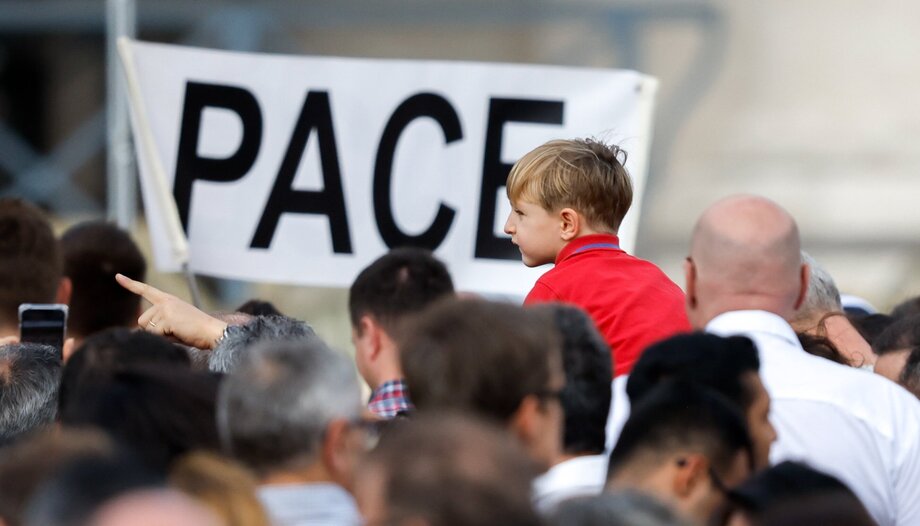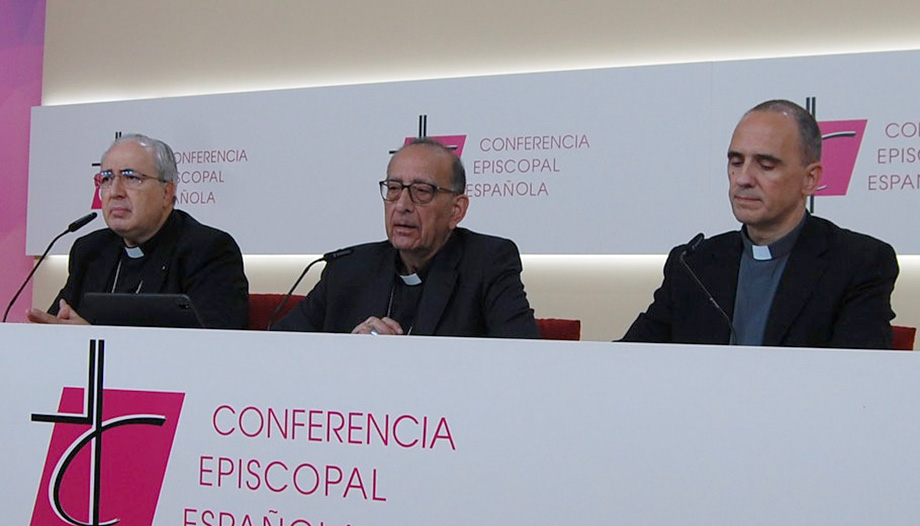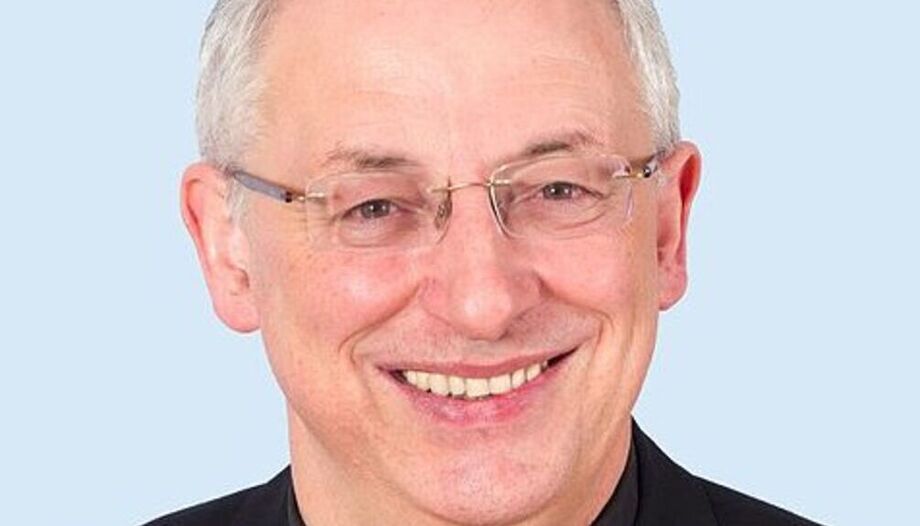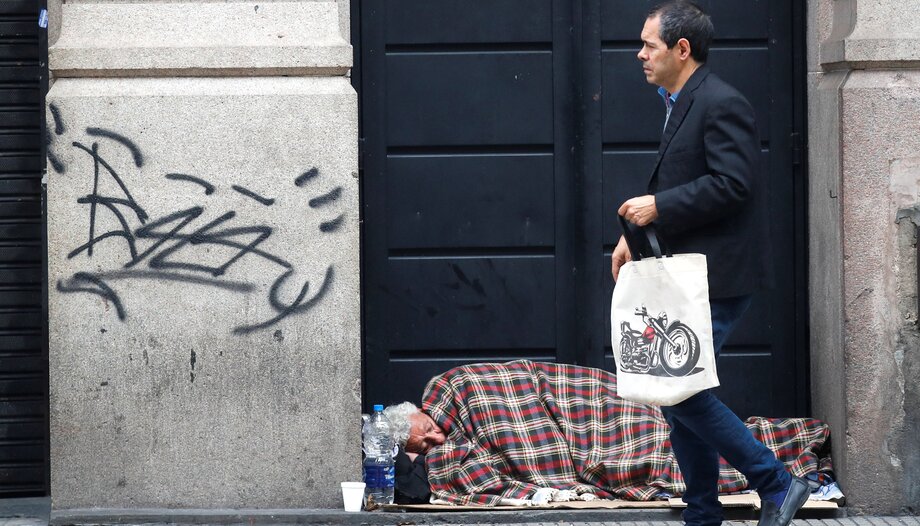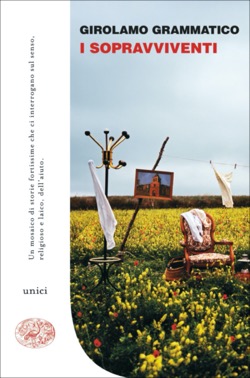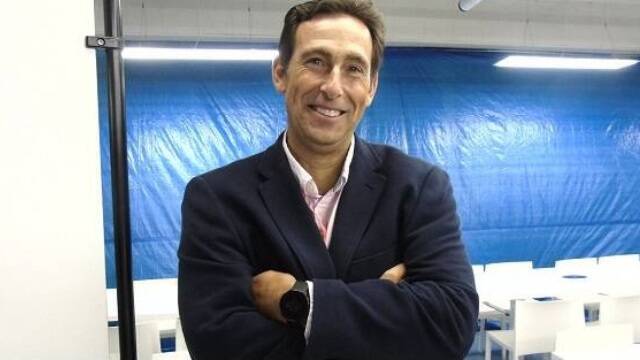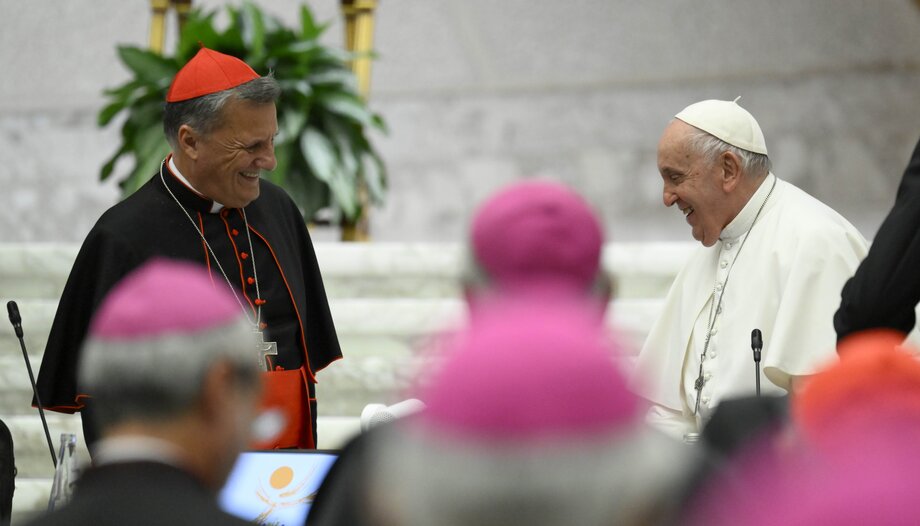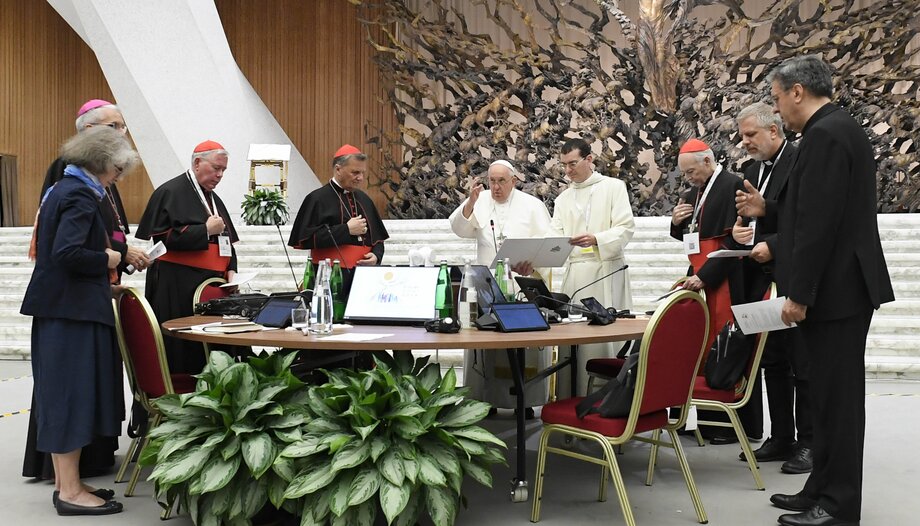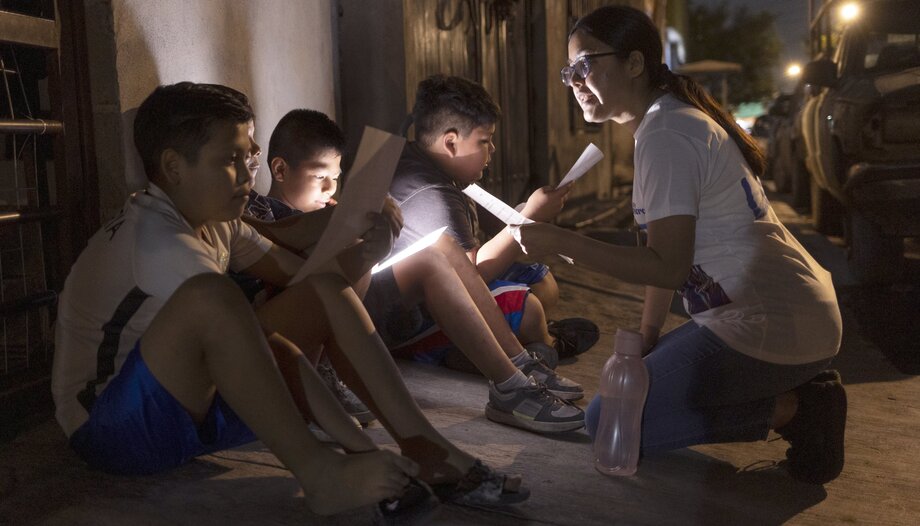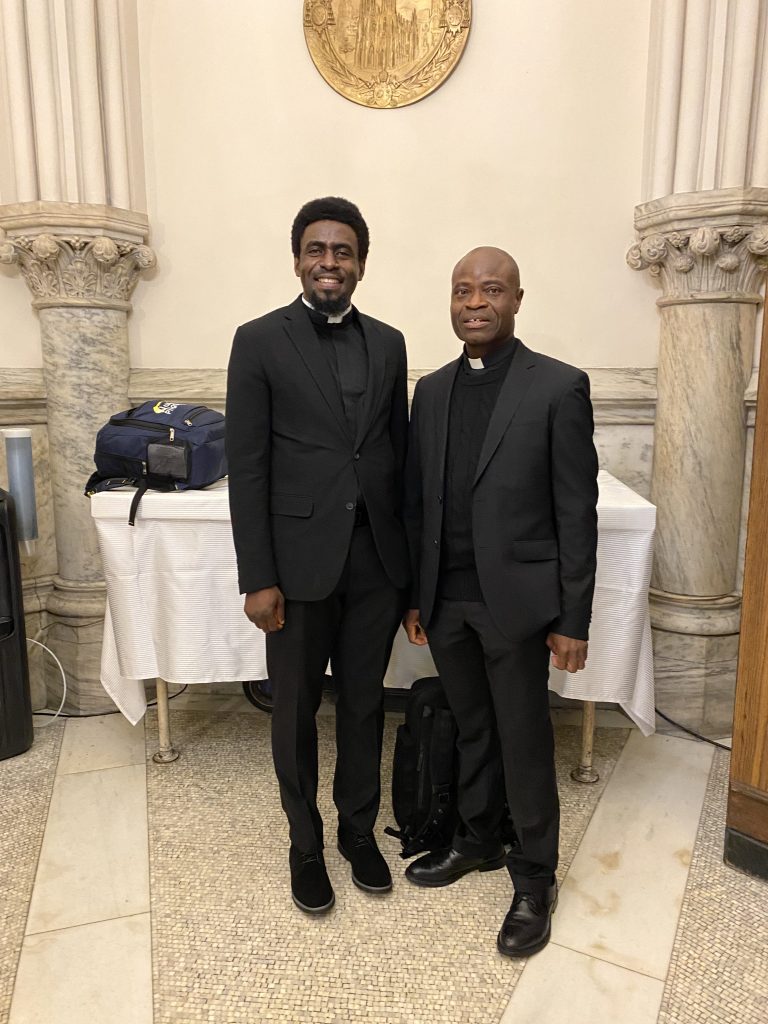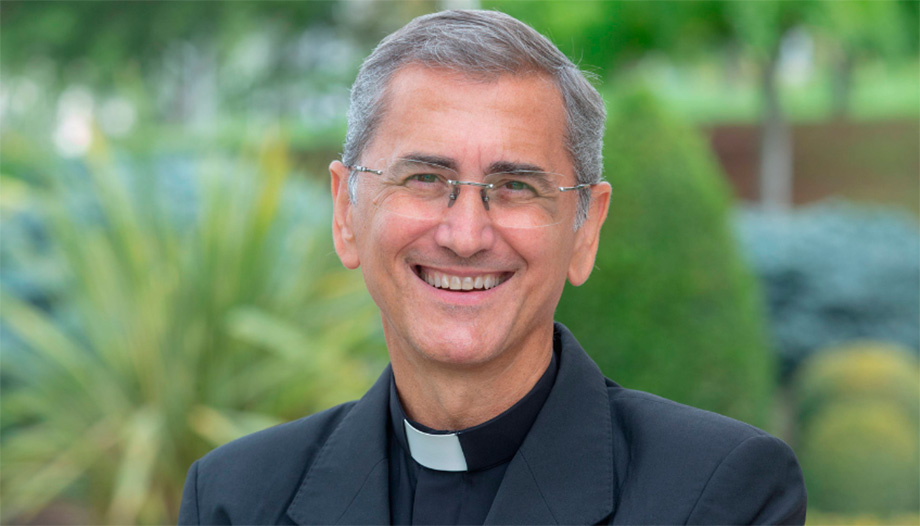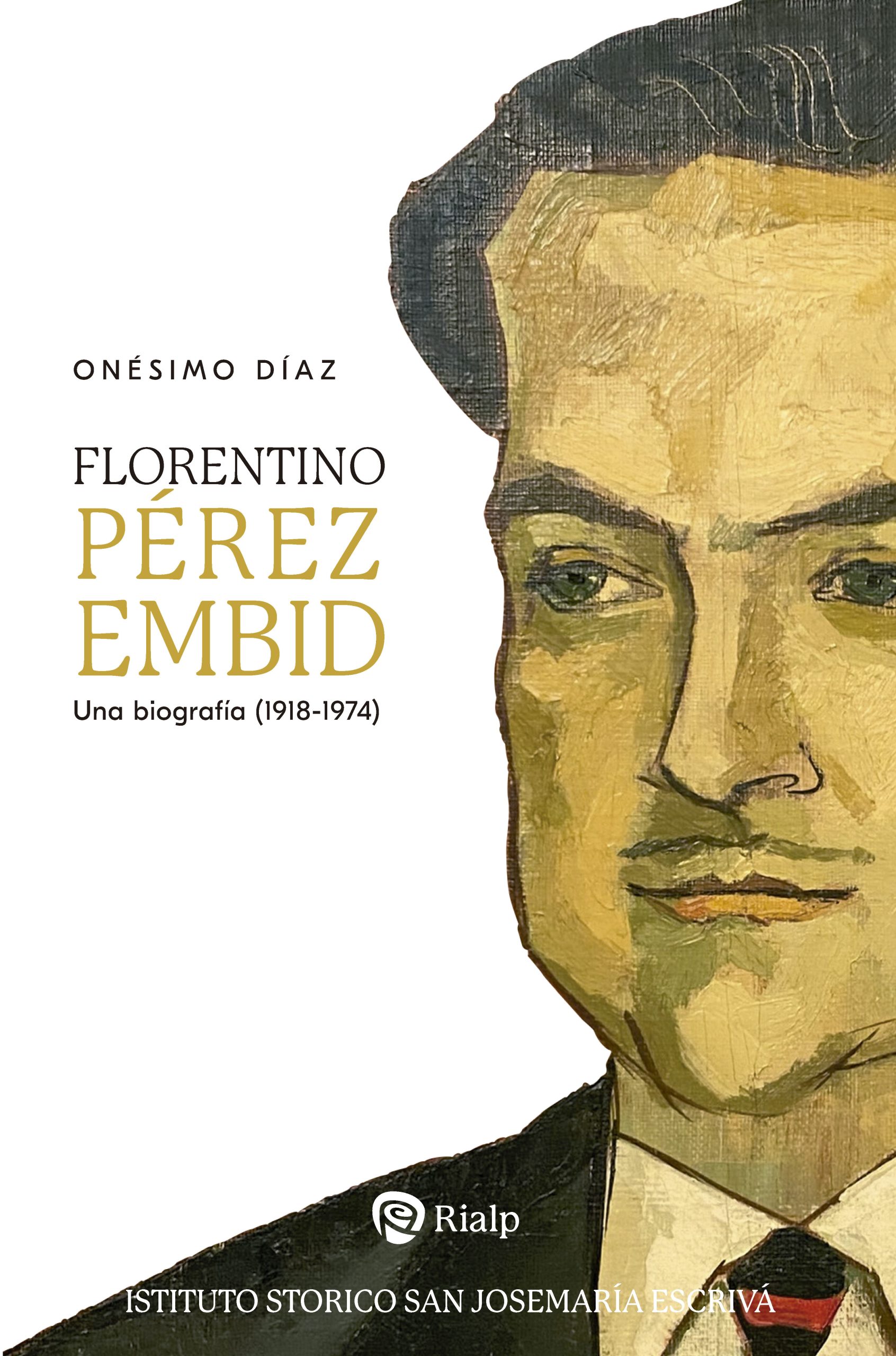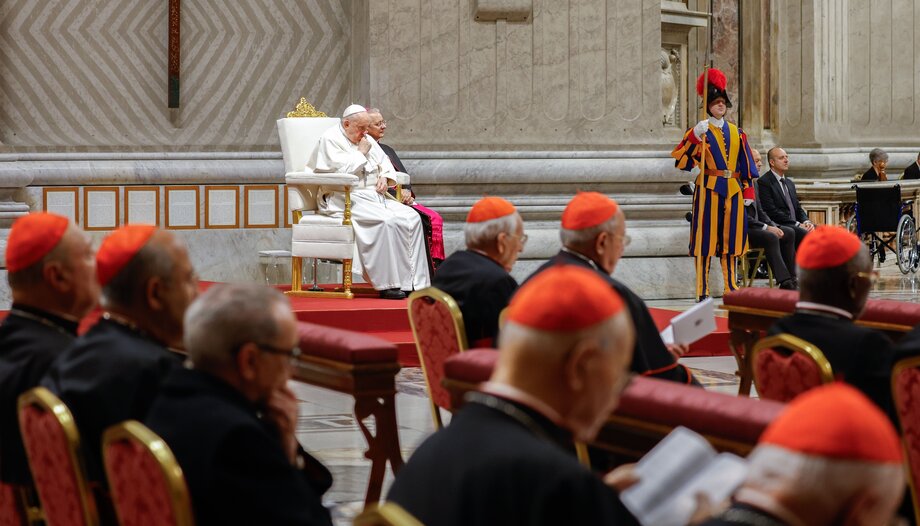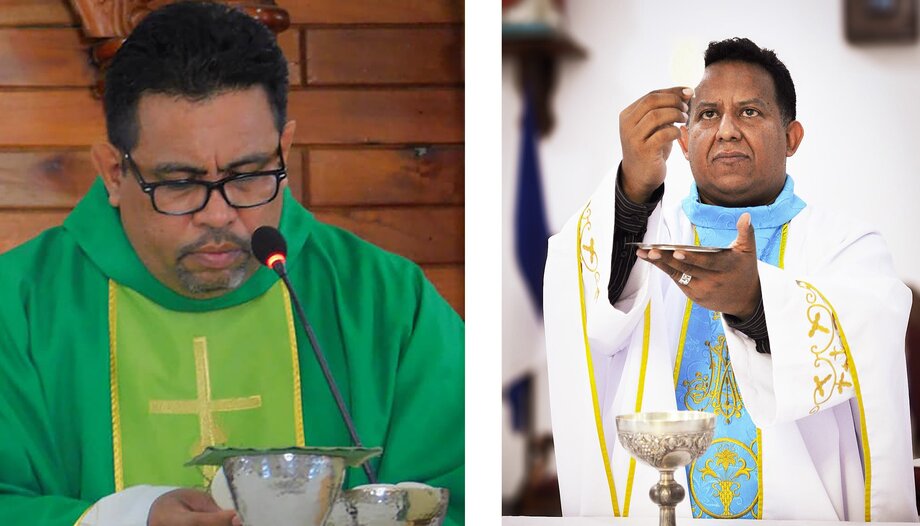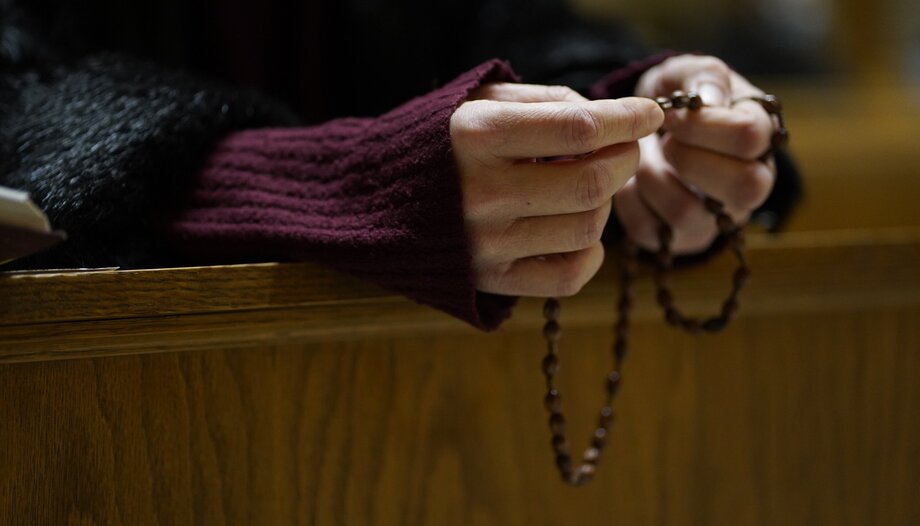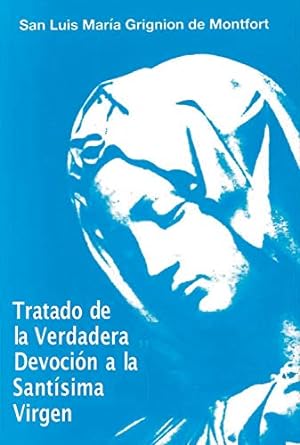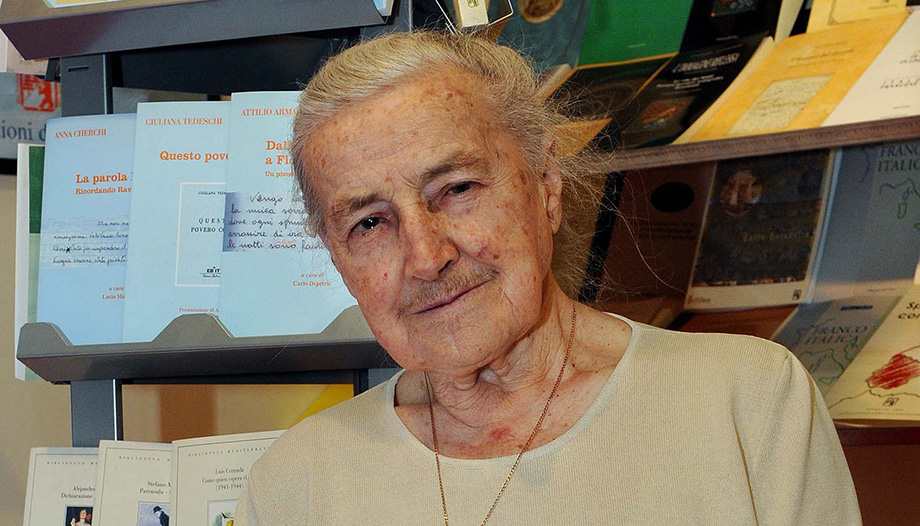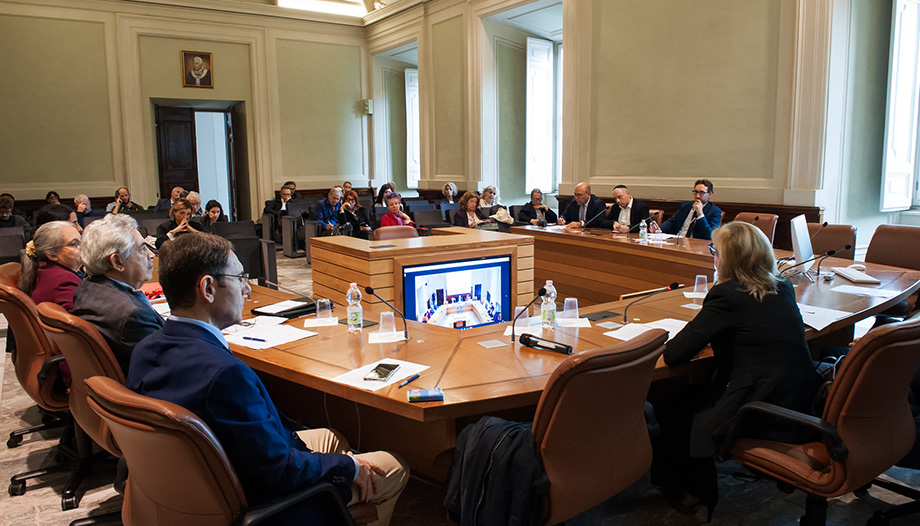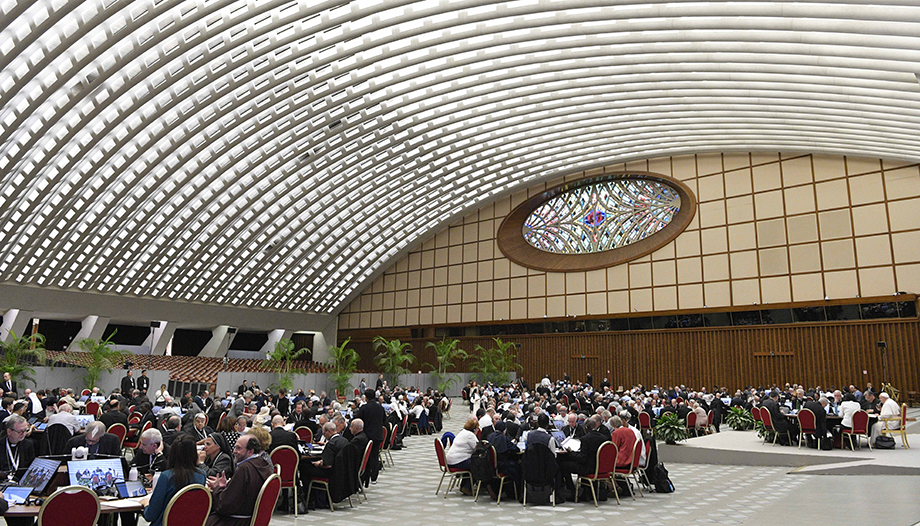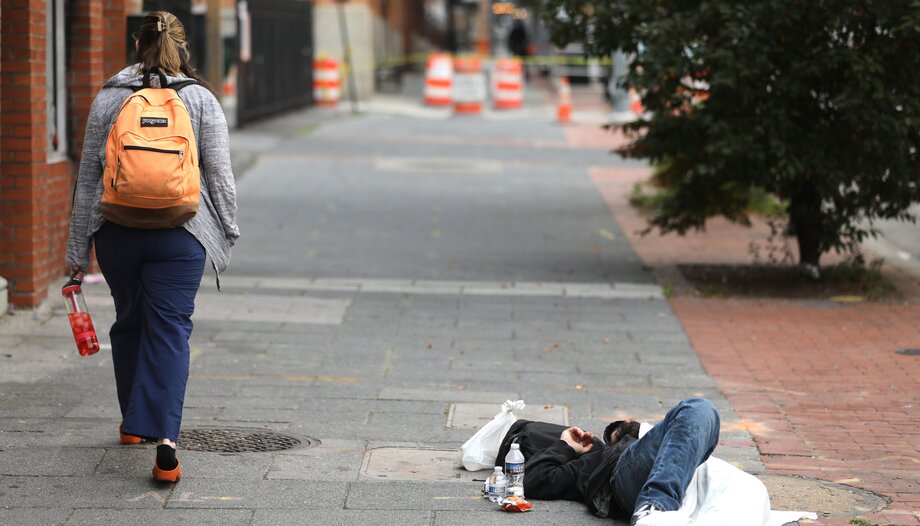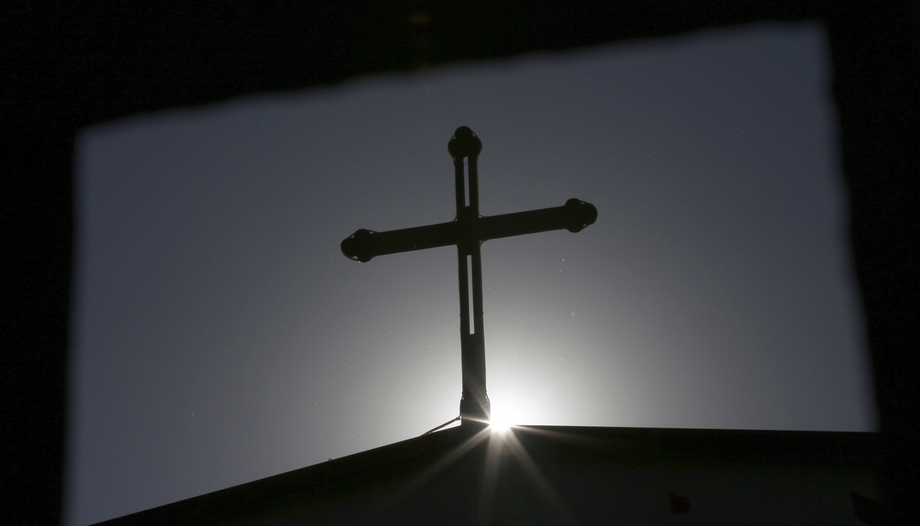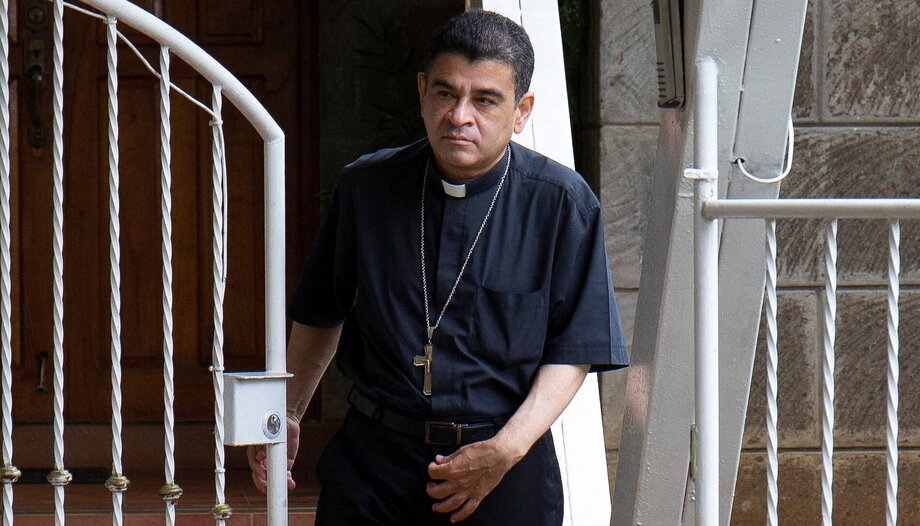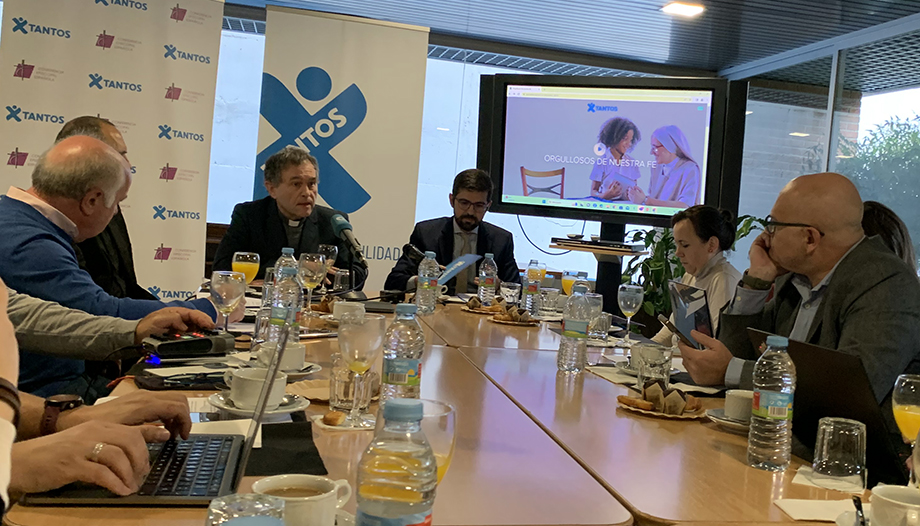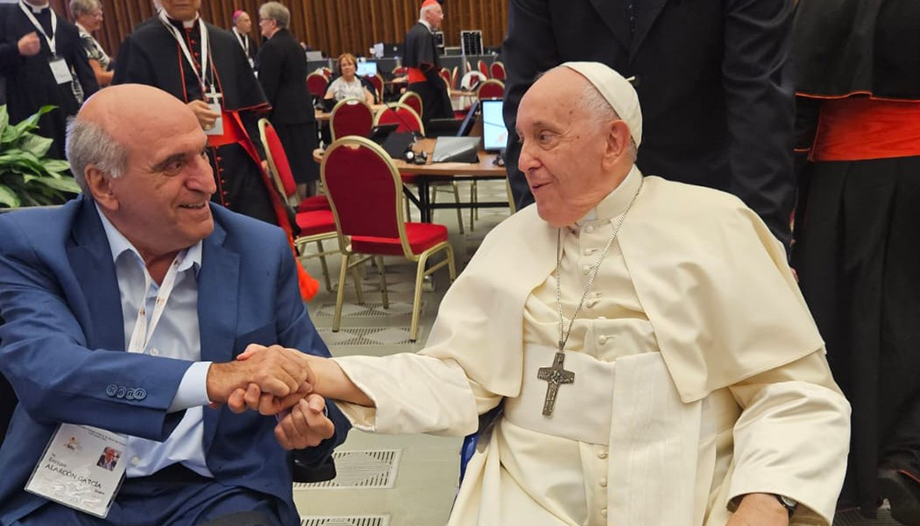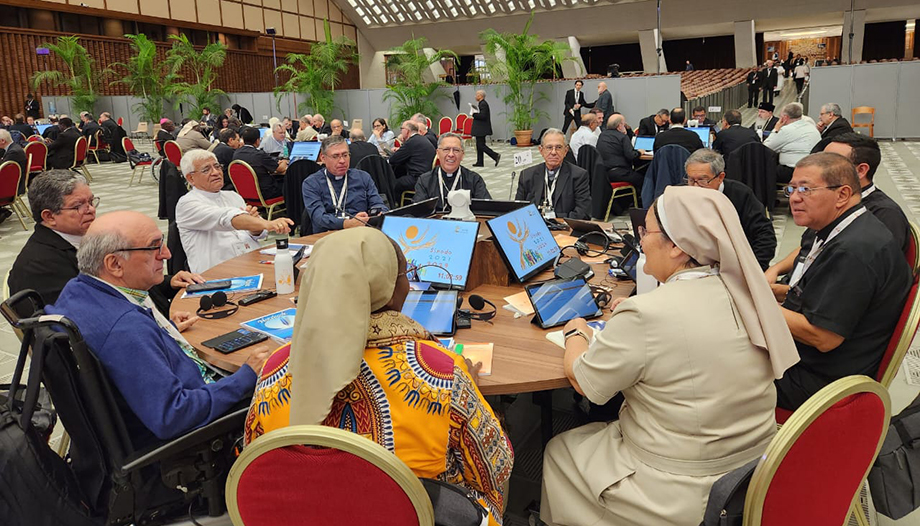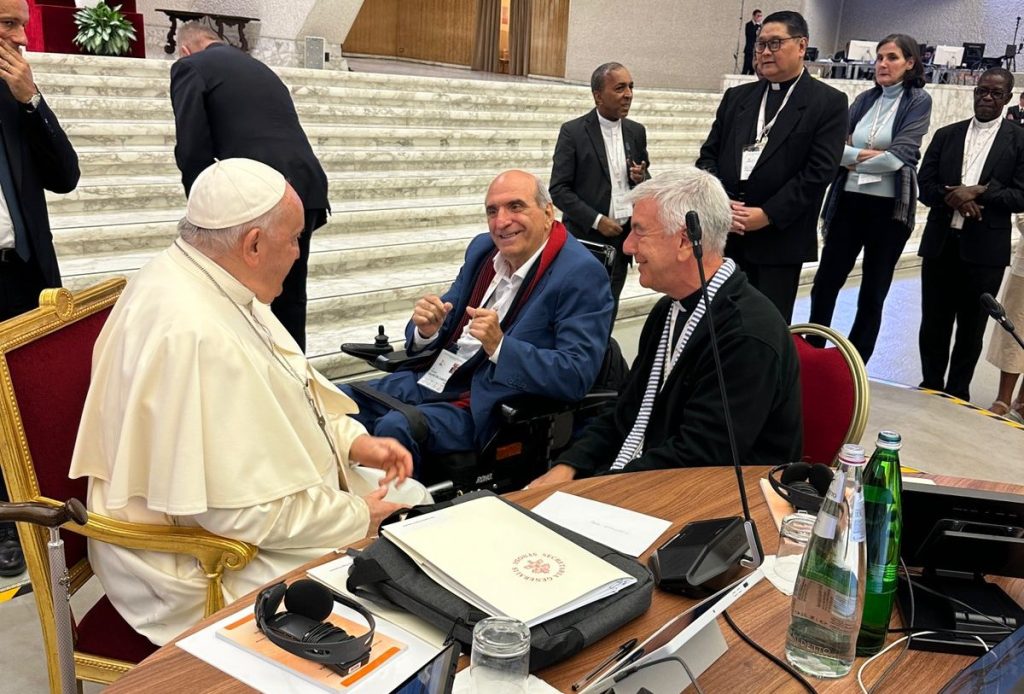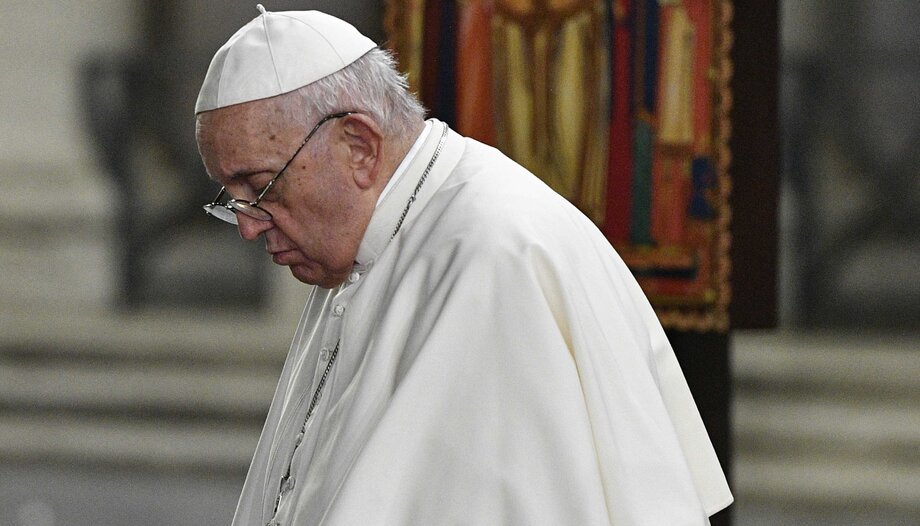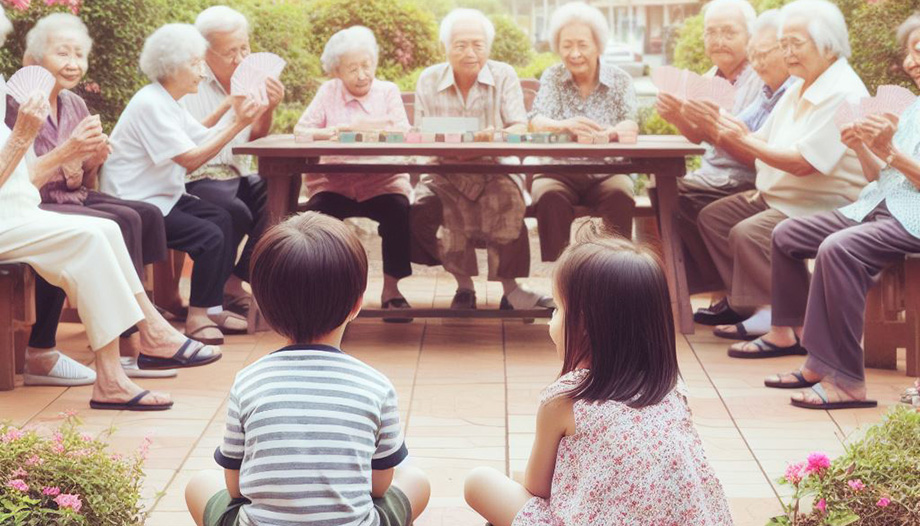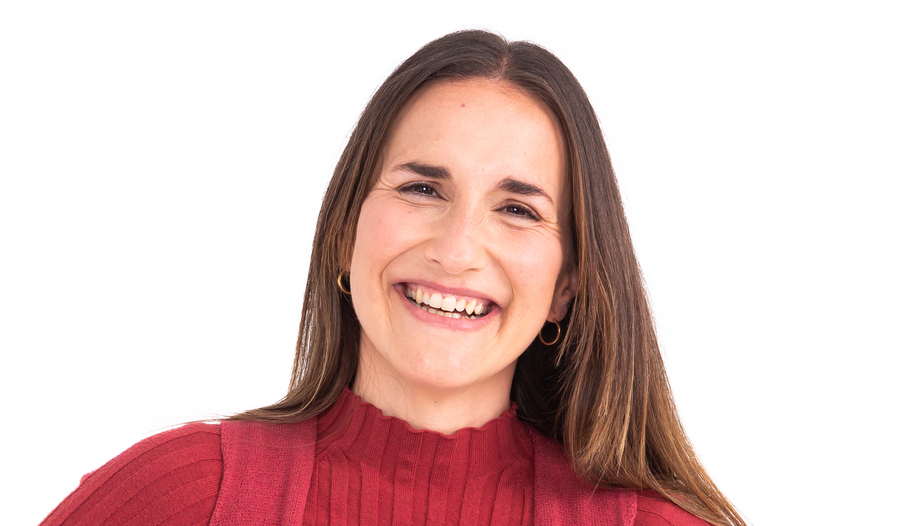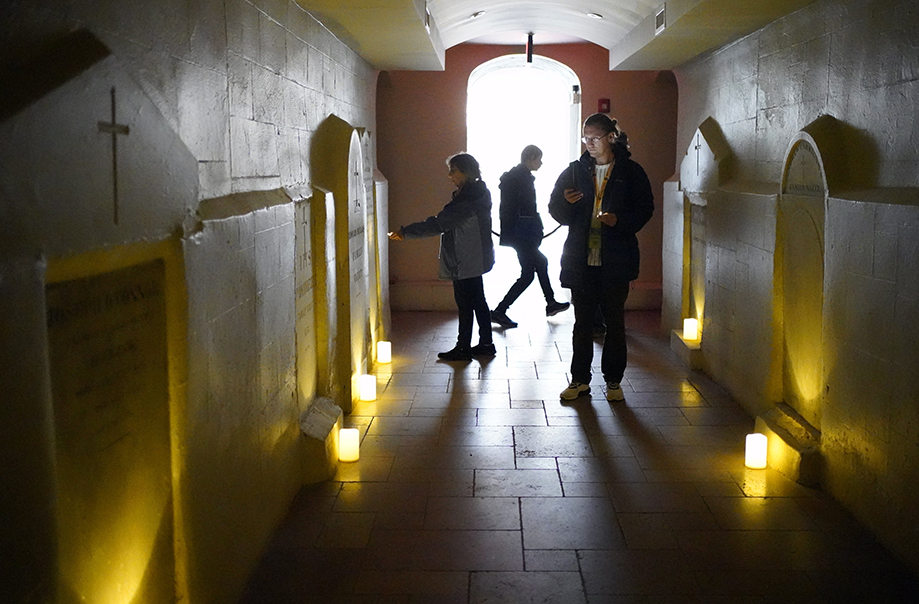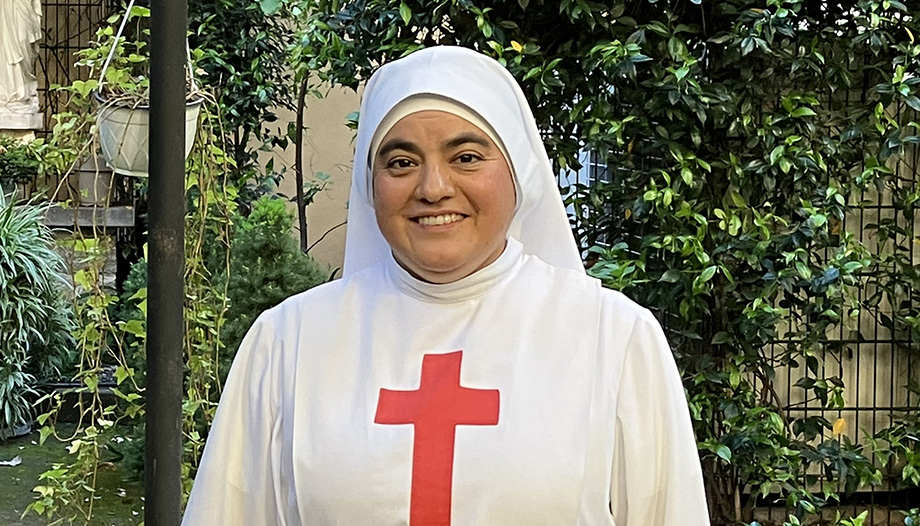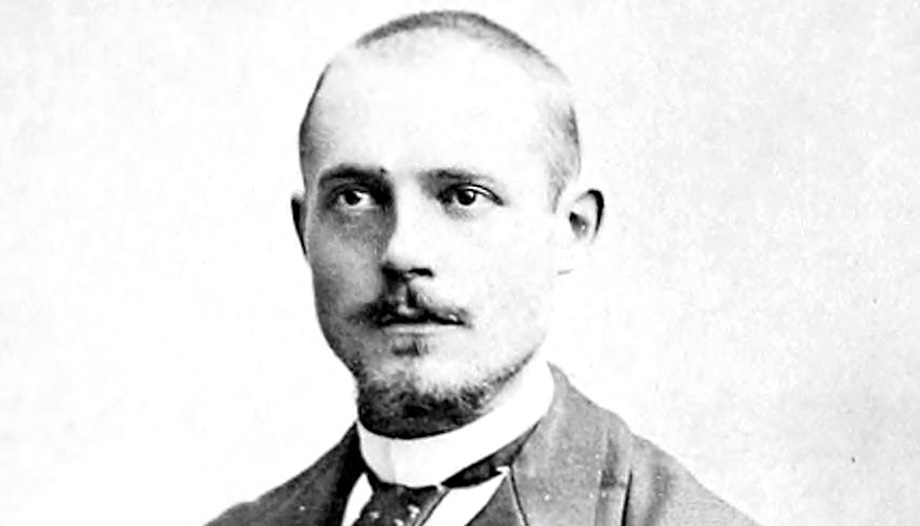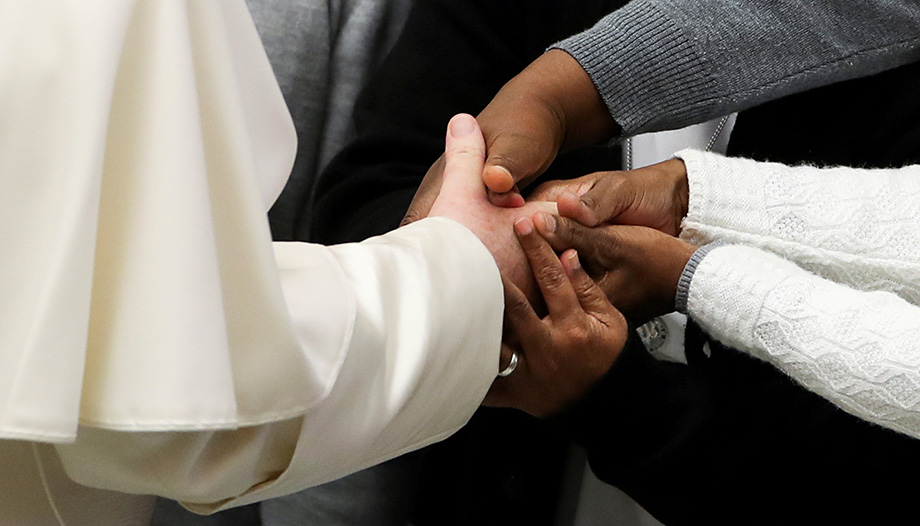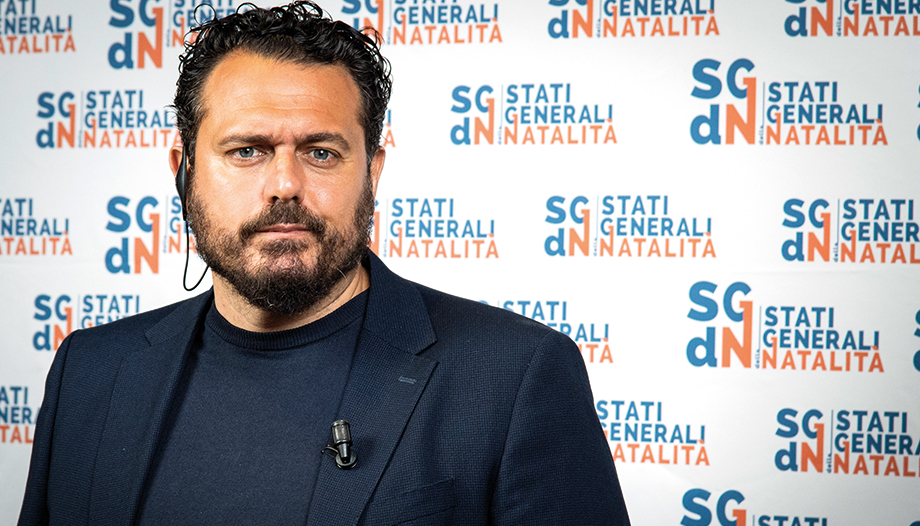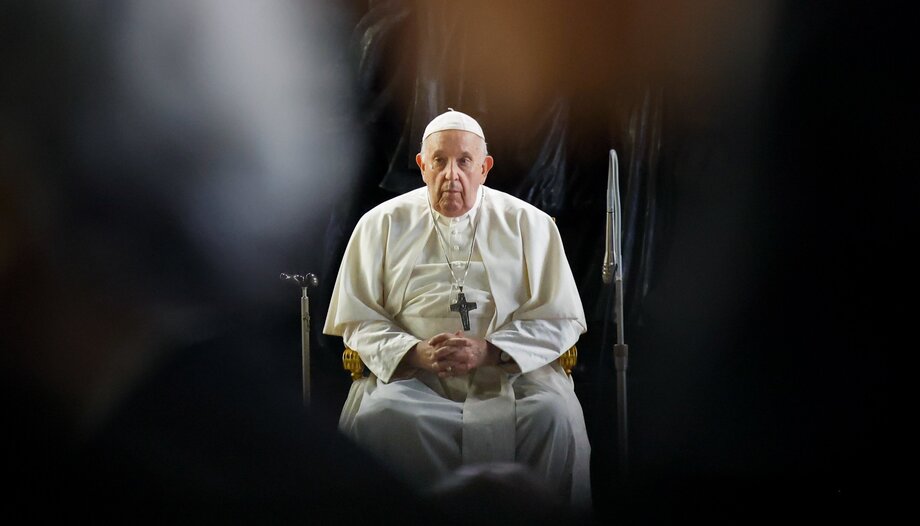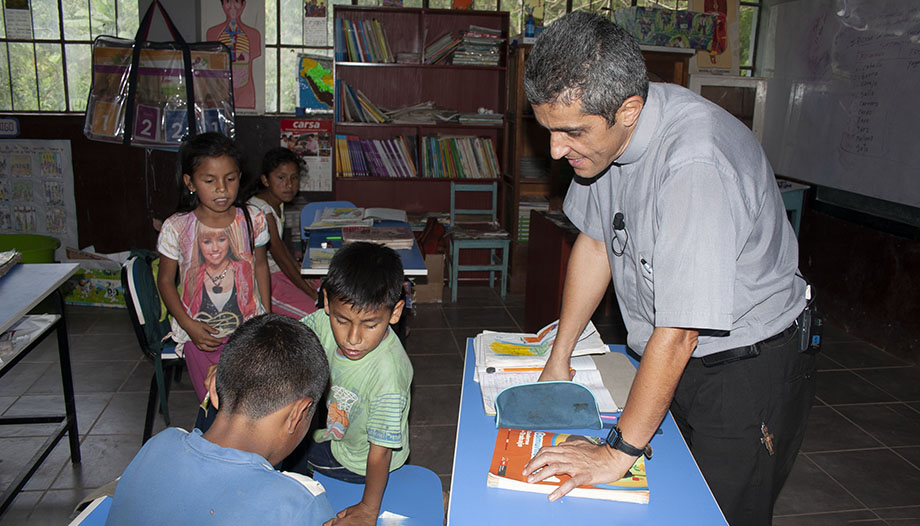The first session of the Assembly of the Synod of Bishops "For a Synodal Church: Communion, Participation and Mission" culminated on Saturday, October 28, 2023.
On the same day, the Synthesis Report was made public at the conclusion of the first session of the XVI Ordinary General Assembly of the Synod, entitled "A Synodal Church in Missionin the first part it talks about The face of the synodal ChurchThe second part states All disciples, all missionarieswhile the third part invites Weaving relationships, building community.
The reality is that, despite the "confrontations" and seemingly irreconcilable opinions with which the synod began, the approved document went forward with hardly any problems, surpassing two-thirds of the votes. This material will now be passed on to the local Churches for further study, but also to theologians and scholars.
A new stage in which, as the final document indicates, "the Episcopal Conferences and the Hierarchical Structures of the Eastern Catholic Churches, acting as a link between the local Churches and the General Secretariat of the Synod, will have an important role in the development of the reflection. On the basis of the convergences achieved, they are called to focus on the most relevant and urgent questions and proposals, encouraging their theological and pastoral study and indicating the canonical implications."
The Synod, in the words of the Secretary General, Cardinal Mario Grech, "is an experience that does not end today but will continue", because it is a Church that "is looking for spaces for everyone, so that no one feels excluded". He also assured that today at the conclusion of the participants "there was a great joy that could be touched with the hand".
The final document
The Synthesis Report at the end of the XVI General Assembly of the Synod on Synodality, which was released at the conclusion of the Assembly, gathers "the main elements that emerged from the dialogue, prayer and discussion that characterized these days". It is the end of one phase and the beginning of another that will conclude next year: "This Session opens the phase in which the whole Church receives the fruits of this consultation in order to discern, in prayer and dialogue, the paths that the Spirit asks us to follow. This phase will last until October 2024, when the Second Session of the Assembly will conclude its work, offering it to the Holy Father".
Text structure
The text is structured in three parts. The first, "The Face of the Synodal Church," presents "the theological principles that illuminate and underlie synodality. The second part, entitled "All disciples, all missionaries", deals with all those involved in the life and mission of the Church.
their relationships. The third part is entitled "Weaving links, building communities". Here synodality appears mainly as a set of processes and a network of organisms that allow for exchange among the Churches and dialogue with the world".
Key points
"In each of the three parts, each chapter gathers the convergences, the themes to be addressed and the proposals that emerged from the dialogue. The convergences identify the fixed points towards which reflection can look: they are like a map that allows us to orient ourselves on the way and not get lost. The themes to be addressed bring together the points on which we have recognized the need for further theological, pastoral and canonical study: they are like crossroads at which it is necessary to pause in order to better understand the direction to take. The proposals, on the other hand, indicate possible paths to follow: some are suggested, others are recommended and others are requested with greater force and determination."
The document contains interesting points, not in vain, one of the main priorities is aimed at "expanding the number of people involved in the synodal paths", which highlights the progressive decline in participation, and even interest, that there has been this synod.
Nor does the document hide the misunderstanding or even the fear that the presentation and certain aspects of the development of the synodal journey have given rise to in many of the faithful: "We know that "synodality" is a term unknown to many members of the People of God, which causes confusion and concern in some. Among the fears is that the doctrine of the Church will be changed, moving away from the apostolic faith of our fathers and betraying the expectations of those who even today hunger and thirst for God. However, we are convinced that synodality is an expression of the dynamism of the living Tradition".
The document points to the need to "clarify the relationship between listening to the Word of God attested in Scripture, acceptance of Tradition and the Magisterium of the Church, and a prophetic reading of the signs of the times. An example of this is the affirmation that "it is important to continue research on the way in which the catechumenal logic can illuminate other pastoral paths, such as that of marriage preparation, or accompaniment in the choices of professional and social commitment, or even formation for the ordained ministry, in which the whole ecclesial community must be involved".
Of special interest, although scarcely developed in this document, is the reference to "other expressions of liturgical prayer, as well as the practices of popular piety, in which the genius of local cultures is reflected, are elements of great importance for fostering the participation of all the faithful, gradually introducing them to the Christian mystery and bringing those less familiar with the Church closer to an encounter with the Lord. Among the forms of popular piety, Marian devotion stands out especially for its capacity to sustain and nourish the faith of many".
The poor at the center
"The preferential option for the poor is implicit in the Christological faith," the document stresses. A poverty that does not have only one face but many faces: migrants and refugees, indigenous peoples, those who suffer violence and abuse, especially women, people with addictions, victims of racism, exploitation and trafficking, babies in the womb and their mothers. Faced with them, the synod stresses that the "commitment of the Church must reach the causes of poverty and exclusion" and calls for "the duty to commit to actively participate in building the common good and in defending the dignity of life, inspired by the social doctrine of the Church and acting in different ways".
In the context in which the Assembly took place, marked by conflicts such as those in Sudan, Ukraine, the Holy Land and Armenia, "the Church teaches the need for and encourages the practice of interreligious dialogue as part of building communion among all peoples".
Eastern churches
The current situation of the Eastern Catholic Churches, their problems and the relationship with the churches of other rites, especially Latin, was one of the points on which they worked in this Assembly. Among them "the important migration of faithful from the Catholic East to territories with a Latin majority raises important pastoral questions. If the current flow continues or increases, there may be more members of the Eastern Catholic Churches in the diaspora than in the canonical territories. For various reasons, the establishment of Eastern hierarchies in the countries of immigration is not sufficient to solve the problem, but it is necessary that the local Churches of the Latin rite, in the name of synodality, help the Eastern faithful who have emigrated to preserve their identity and cultivate their specific heritage, without undergoing processes of assimilation".
The document also notes the "request to establish with the Holy Father a Council of Patriarchs and Major Archbishops of the Eastern Catholic Churches".
Laity and family, first Church
Also part of the document is a call to the mission of every baptized person in the Church and, in particular, the role of the family as "the backbone of every Christian community. The first missionaries are parents, grandparents and all those who live and share their faith in the family. The family, as a community of life and love, is a privileged place of education in the faith and in Christian practice, which requires a particular accompaniment within the communities".
The main role of the laity in the mission of the Church seems to be, at least in theory, perfectly clarified: "The lay faithful are increasingly present and active also in service within Christian communities" underlines the document which alludes that "the charisms of the laity, in their variety, are gifts of the Holy Spirit to the Church which must be manifested, recognized and fully appreciated".
Ministerial church
Among these conclusions also emerges a perception of "the need for greater creativity in establishing ministries based on the needs of the local churches" without hiding the misunderstandings that "ministerial church" can cause. In this sense, the reflection on the role of women in the Church is framed. The women present at the Assembly themselves stressed the desire to "avoid repeating the mistake of speaking of women as an issue or a problem". In this area, discussions on female ordination were once again on the table without conclusions: the document calls for further theological and pastoral study on this issue to avoid falling into "an expression of a dangerous anthropological confusion".
Charisma and hierarchy
"The charismatic dimension of the Church has a particular manifestation in the consecrated life, with the richness and variety of its forms". The document points out that it values its "conversation in the Spirit or similar forms of discernment in the realization of provincial and general chapters, in order to renew structures, rethink lifestyles, activate new forms of service and closeness to the poorest" but alludes to the persistence of authoritarian styles that undermine fraternal dialogue.
Reference is also made to "lay associations, ecclesial movements and new communities which are a precious sign of the maturing co-responsibility of all the baptized". The document focuses the work of "consecrated life, lay associations, ecclesial movements and new communities" at the service of the local Churches.
Clericalism and celibacy
One of the star themes, not only of the synod, but of Francis' pontificate, has been his continual allusion to clericalism in the Church. On this point, the document notes, "an obstacle to ministry and mission is clericalism. It arises from a misunderstanding of the divine vocation, which leads to conceiving it more as a privilege than as a service, and manifests itself in a worldly style of power that refuses to be accountable."
On the other hand, although the elimination of celibacy seemed to be one of the star themes of this Assembly, the document highlights the "different evaluations on the celibacy of priests. All appreciate its prophetic value and witness of conformity to Christ; some wonder whether its theological appropriateness for the priestly ministry must necessarily be translated into a disciplinary obligation in the Latin Church, especially where the ecclesial and cultural contexts make it more difficult. A topic that will continue, as it has for decades, within the reflection of the Church.
Likewise, in an exercise of transparency, the members of the synod ask "the local Churches to identify processes and structures that allow for periodic verification of the ways in which priests and deacons in responsible roles exercise ministry. Existing institutions, such as participatory bodies or pastoral visits, can be the starting point for this work, ensuring the participation of the community."
Bishops and synodality of the Church
The work of the successors of the apostles has been another of the points of discussion of this Assembly, both from the change of its configuration as well as in the development of the conversations. The final document alludes to the role of the bishop as "primarily responsible for the proclamation of the Gospel and the liturgy". The bishop, the summary emphasizes, "is called to be an example of synodality". They do not forget that "many bishops complain of an overload of administrative and juridical commitments, which hinders the full fulfillment of their mission. Even the bishop has to face his own fragility and limits and does not always find human and spiritual support". On this point, the document proposes the activation of "structures and processes of periodical verification of the Bishop's work, making the Episcopal Council obligatory" and joining, to the lists of possible bishops, the opinions "of the Apostolic Nuncio with the participation of the Episcopal Conference. It is also necessary to broaden the consultation of the People of God, listening to a greater number of lay and consecrated people and taking care to avoid inappropriate pressures".
The last part of the document focuses on establishing a true culture of synodality in the Church: "We need to overcome the mentality of delegation found in many areas of pastoral care. A synodal formation aims to enable the People of God to live fully their baptismal vocation, in the family, in the workplace, in the ecclesial, social and intellectual spheres, and to make each one capable of participating actively in the mission of the Church according to one's own charisms and vocation".
A final part that invites to adopt the task of listening in all the processes of ecclesial life. "The Church has encountered many people and many groups who ask to be listened to and accompanied" notes the document which highlights young people, the voices of victims and survivors of sexual, spiritual, economic, institutional, power and conscience abuses by members of the clergy or people who feel marginalized or excluded from the Church, because of their marital status, identity and sexuality".
It also calls for "structurally" creating a synodal Church by attending to the "canonical configuration of the continental Assemblies which, while respecting the peculiarities of each continent, duly takes into account the participation of the Episcopal Conferences and the Churches, with their own delegates who make present the variety of the faithful People of God".
The document reflects, at the end, on what this process has meant so far as an "opportunity to experience a new culture of synodality, capable of orienting the life and mission of the Church. However, it was recalled that it is not enough to create structures of co-responsibility if personal conversion to a missionary synodality is lacking".
The new configuration of the Synod Assembly also has a place in this document, which points to the continued presence of persons other than bishops "as full members in the episcopal character of the Assembly. Some see the risk that the specific task of the bishops will not be adequately understood. It will also be clarified on the basis of what criteria non-bishop members can be called to be part of the Assembly".
The document, which now returns to the particular Churches, is the basis for the next phase of the synod that will culminate in the assembly to be held in Rome in October 2024.











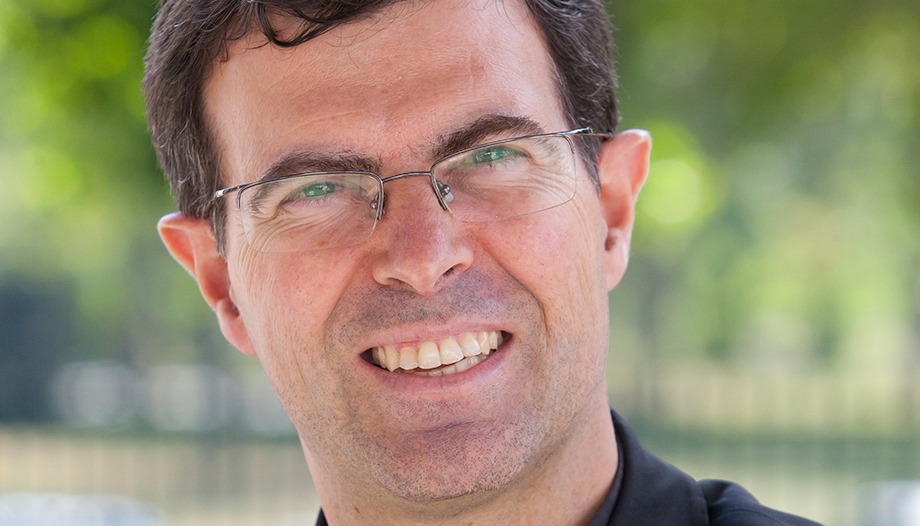
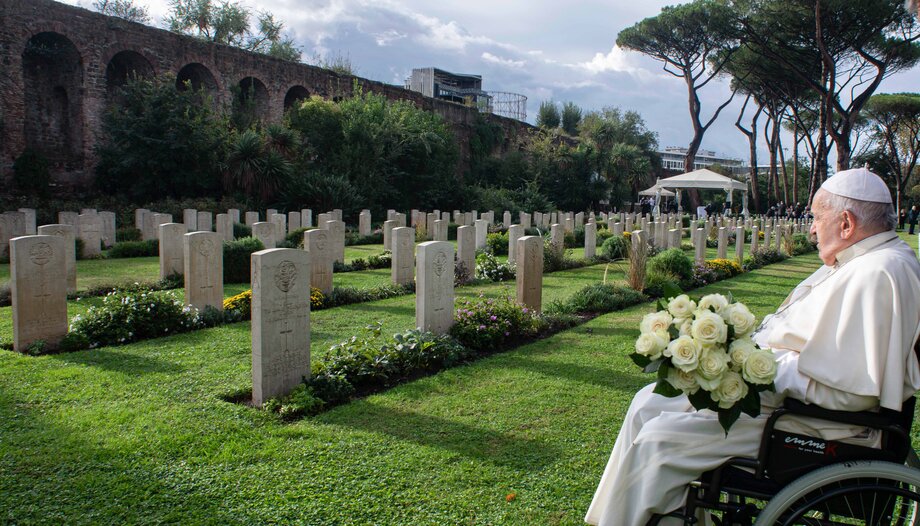
 November: month to pray for the deceased and gain indulgences
November: month to pray for the deceased and gain indulgences
